What Does Sow Mean When Gardening
Growing new plants from seed is the cheapest way to fill your garden with blooms, and now's the time to get started. Not sure where to begin? Follow this quick and simple guide to sowing seeds.
Sowing seeds: what you'll need
It's advisable to use 10cm pots for sprinkling small seeds or sowing larger individual seeds. Biodegradable coir pots will gradually disintegrate, so seedlings can be left in these when you plant them out. If you want to grow large crops, we'd recommend going for trays of square cells.

Grow it Round Fibre Pots
Gardman amazon.co.uk
£5.04
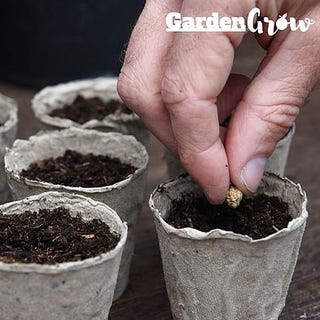
Garden Grow Fibre Grow Pots
thompson-morgan.com
£8.99
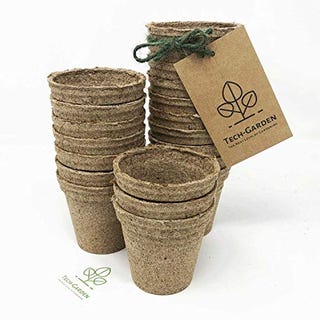
20 Pack of Biodegradable Plant Pots
Tech-Garden amazon.co.uk
£19.99
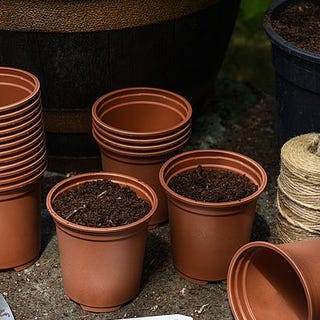
Teracotta coloured Grow Pots
thompson-morgan.com
£6.99

5 Pcs Seedling Tray
You's Auto amazon.co.uk
£11.99
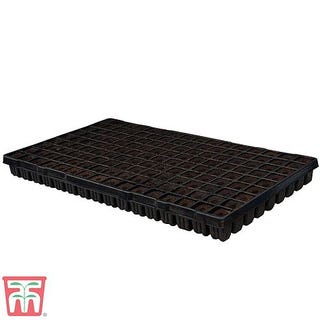
144 Cell Black Plastic Seed Tray
thompson-morgan.com
£10.99

Shuttle Trays and Pots
Shuttle thompson-morgan.com
£9.99
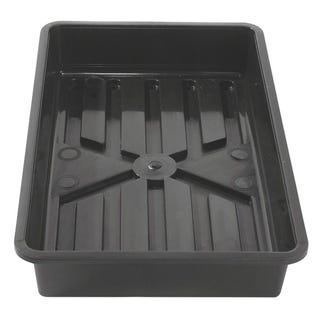
How to sow seeds
You should fill each pot to the top with peat-free seed compost and tap the base on the table. Give the compost a good watering, wait a few minutes, and then sow the seeds.
Tiny seeds, such as begonias and busy lizzies, need to lie on the surface, while medium seeds should be buried to take up moisture from the soil. Tap seeds onto the soil, then sieve compost over the top of them. Large seeds, such as sunflowers, should be planted individually and pushed into the soil.

Emilija Randjelovic Getty Images
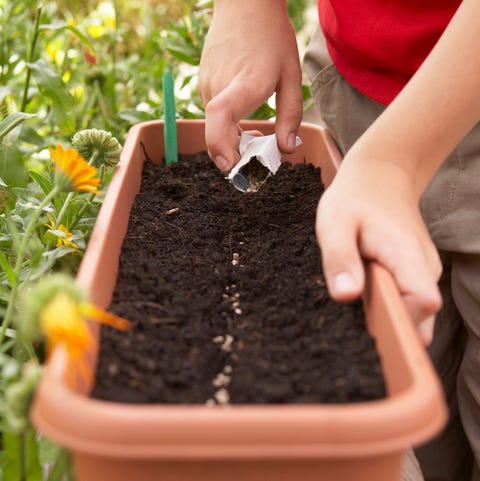
Will Heap Getty Images
All seeds can stay in pots on a sunny windowsill or in a greenhouse until it is time to prick out. It's a good idea to label the pots with details of the seeds and the date you planted them.
Sowing seeds: next steps
Once the first pair of leaves is large enough to hold, move them to another pot to develop individually – or in small clumps if they're tiny. Select plants with short stems and intact roots, and discard any damaged seedlings. Use a stick to make a hole in fresh compost for the roots, then push the soil around the roots and water. Once the frosts have passed, plant your seedlings out.
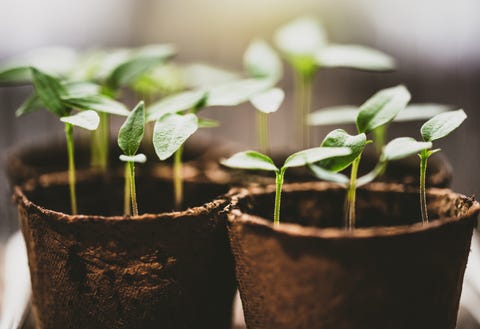
miriam-doerr Getty Images
What to plant and when
Annuals, such as love-in-a-mist and snapdragons, and perennials, such as columbines and verbena, can be sown from February or March to flower this year. Biennials sown from May to July can be planted in the autumn to be enjoyed next year.
In April, sow pea seeds, either in open ground or, if conditions are still wet and
cold, trays or pots in a greenhouse or on the windowsill. The end of April is also the time to sow carrots in open ground. If the soil is still too wet or cold, delay until conditions improve.
Cloches, mini-tunnels and cold frames can all really help to get the planting party started during the winter season, even in February. The slight protection they offer from the frost makes it possible to sow a huge variety of seeds directly into the ground, but for example, lettuces and sweet peas do best planted into individual pots and placed into a cold frame. As the sun gains strength, keep an eye on the temperatures underneath the glass or plastic – it'll soon be warm enough that you'll need to open up the frame or cloche during the day.
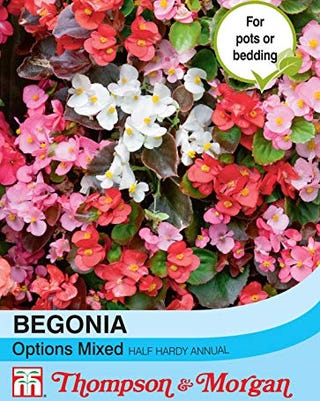
Begonia Semperflorens Options Mixed
Thompson & Morgan amazon.co.uk
£3.49
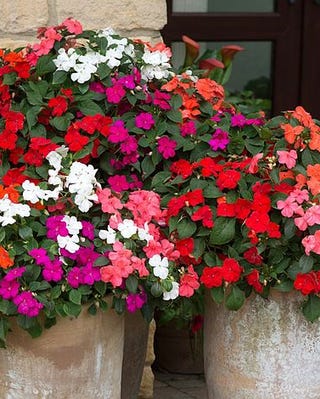
Busy Lizzie 'Beacon Mixed'
thompson-morgan.com
£2.99
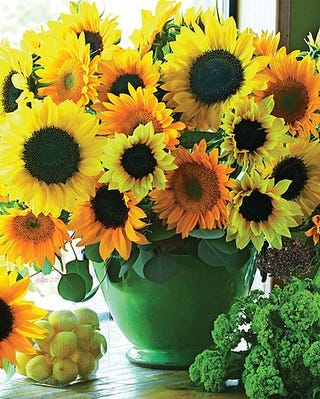
Sunflower 'Van Gogh'
thompson-morgan.com
£3.69

Nigella damascena 'Miss Jekyll'
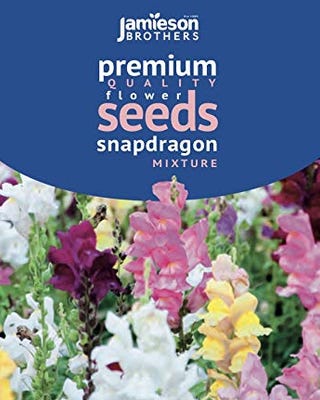
Antirrhinum Snapdragon Mixed Flower Seeds
Jamieson Brothers amazon.co.uk
£1.69
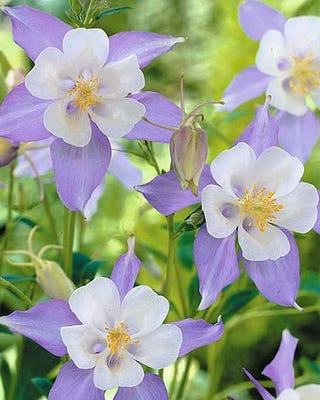
Aquilegia caerulea
thompson-morgan.com
£2.99
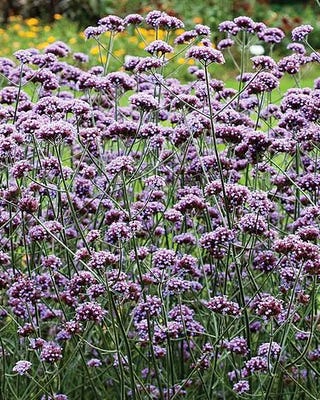
Verbena bonariensis
thompson-morgan.com
£2.99
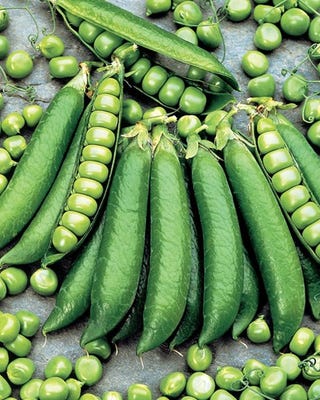
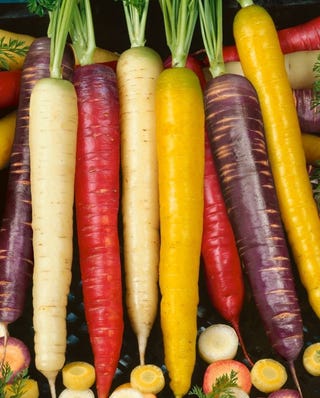
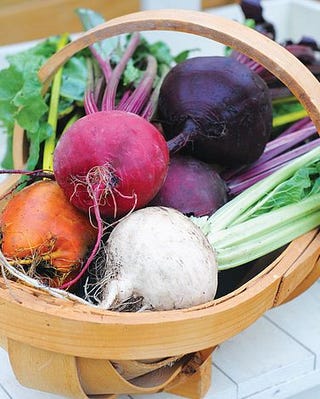
Beetroot 'Rainbow Beet' (Globe) Beta vulgaris
thompson-morgan.com
£2.29
Vegetables: seeds or plugs?
April is the best time to sow a wide variety of vegetables from seed, but always follow the instructions on the packet, especially for sowing times. Don't jump the gun though. If the packet says sow from May onwards, do that. A seedling that develops in low cold light will never recover.
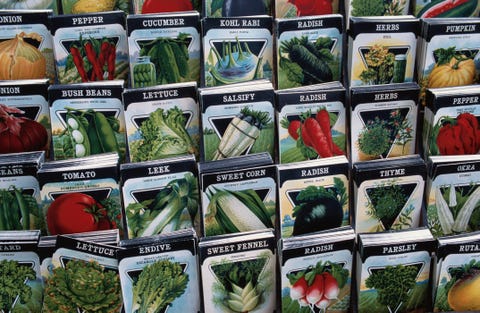
Jake Wyman Getty Images
For beginners, a more successful route might be plug plants where the tricky, intensive work of keeping the seedlings going has been done for you and you can put a more robust, small, young plant in the soil.
Our advice would be to use seeds where they can be sown directly into the soil – so things like beetroot, beans and carrots – but try plugs for trickier plants and those that need to be sown indoors and then transplanted outside, such as peppers, strawberries, courgettes and cucumbers.
Sowing seeds indoors
You can plant a huge variety of seeds indoors if you have some sort of seed propagator. It doesn't have to be anything fancy – just a seed tray with a cover that has ventilation, placed in a warm spot. Go for lobelia, cosmos, geraniums, kale and tomatoes. Once the seeds have germinated, move them to the brightest place you can, as they need plenty of sunlight to keep them from getting leggy.
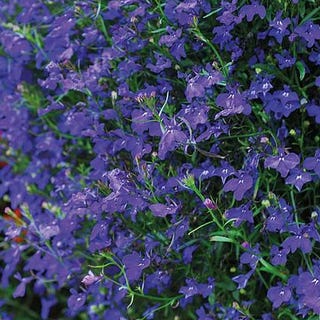
Lobelia pendula 'Monsoon'
thompson-morgan.com
£1.00
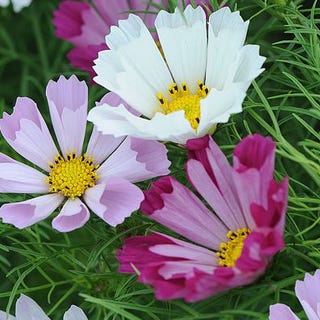
Cosmos bipinnatus 'Sea Shells'
thompson-morgan.com
£2.99
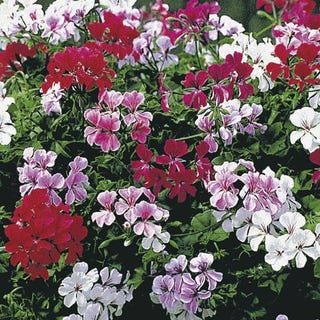
Geranium Seeds - Starstruck
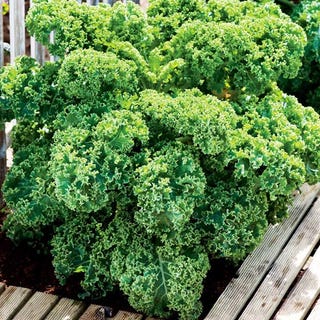
Kale Seeds - Dwarf Green Curled
Kale Seeds suttons.co.uk
£1.55

tomato (cherry) 'Gardeners Delight'
Like this article? Sign up to our newsletter to get more articles like this delivered straight to your inbox.
SIGN UP
Love what you're reading? Enjoy House Beautiful magazine delivered straight to your door every month with Free UK delivery. Buy direct from the publisher for the lowest price and never miss an issue!
SUBSCRIBE
This content is created and maintained by a third party, and imported onto this page to help users provide their email addresses. You may be able to find more information about this and similar content at piano.io
What Does Sow Mean When Gardening
Source: https://www.housebeautiful.com/uk/garden/plants/a35649747/sowing-seeds/
Posted by: reyesfewillic.blogspot.com

0 Response to "What Does Sow Mean When Gardening"
Post a Comment